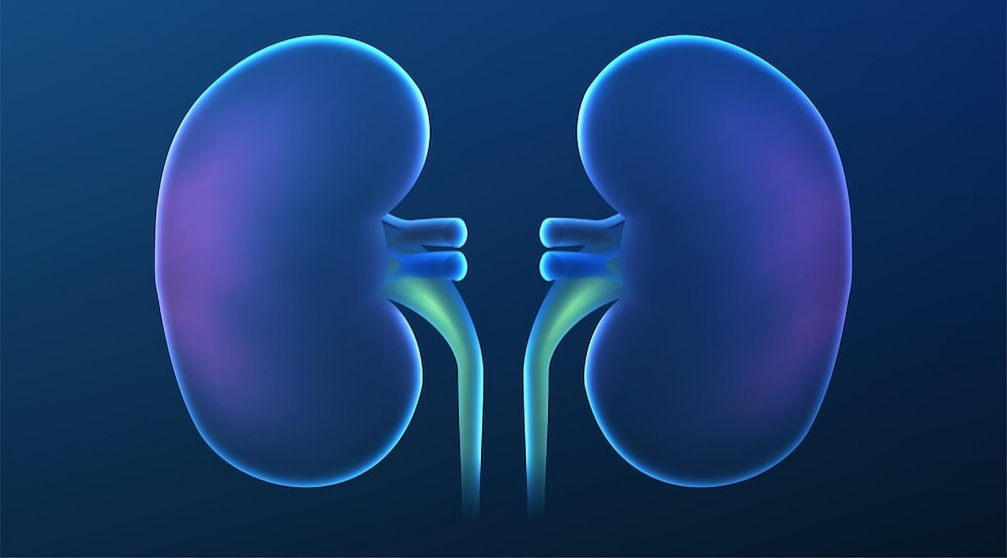The intestines are an essential part of the digestive system, responsible for processing food and absorbing nutrients crucial for our overall health. Despite their importance, many people have limited knowledge about their intestines and the potential problems that can arise. In this comprehensive guide, we will delve into the functions of the intestines, common issues that can occur, and practical solutions to maintain intestinal health.
To Know More About It Please Click Here
Understanding the Intestines
The intestines consist of two main parts: the small intestine and the large intestine (colon). The small intestine is where the majority of nutrient absorption takes place, while the colon primarily absorbs water and electrolytes, and stores waste before elimination. Together, they play a vital role in breaking down food, extracting nutrients, and eliminating waste products from the body.
Functions of the Intestines:
- Digestion: The intestines are responsible for breaking down food into smaller molecules that can be absorbed by the body. Enzymes and bile aid in the digestion process, ensuring that nutrients are readily available for absorption.
- Absorption: The small intestine is lined with millions of tiny finger-like projections called villi, which increase its surface area for maximum nutrient absorption. Carbohydrates, proteins, fats, vitamins, and minerals are absorbed into the bloodstream through these villi and transported to various parts of the body.
- Immune Function: The intestines are home to a large population of beneficial bacteria known as gut microbiota. These bacteria play a crucial role in supporting the immune system, protecting against harmful pathogens, and maintaining intestinal health.
Common Intestinal Problems:
- Irritable Bowel Syndrome (IBS): IBS is a common gastrointestinal disorder characterized by abdominal pain, bloating, gas, and changes in bowel habits. While the exact cause of IBS is unknown, factors such as diet, stress, and abnormal intestinal contractions may contribute to its development.
- Inflammatory Bowel Disease (IBD): IBD encompasses conditions such as Crohn’s disease and ulcerative colitis, which involve chronic inflammation of the intestines. Symptoms include diarrhea, abdominal pain, fatigue, and weight loss. Treatment typically involves medication, dietary changes, and lifestyle modifications.
- Constipation: Constipation is a common digestive problem characterized by infrequent bowel movements and difficulty passing stools. It can be caused by factors such as inadequate fiber intake, dehydration, lack of physical activity, or certain medications. Increasing fiber intake, staying hydrated, and exercising regularly can help alleviate constipation.
- Diarrhea: Diarrhea is defined as loose, watery stools occurring more frequently than usual. It can be caused by infections, food intolerances, medications, or underlying medical conditions. Rehydration, dietary adjustments, and over-the-counter medications may be recommended to manage diarrhea.
Maintaining Intestinal Health:
- Eat a Balanced Diet: Consuming a diet rich in fiber, fruits, vegetables, lean proteins, and probiotic-rich foods can promote intestinal health and regularity. Avoiding processed foods, excess sugar, and artificial additives is also beneficial.
- Stay Hydrated: Adequate hydration is essential for proper bowel function and preventing constipation. Aim to drink plenty of water throughout the day and limit the consumption of caffeinated and alcoholic beverages, which can contribute to dehydration.
- Manage Stress: Stress can have a significant impact on digestive health, exacerbating conditions such as IBS. Practicing stress-reduction techniques such as meditation, yoga, deep breathing exercises, and regular physical activity can help alleviate stress and promote intestinal well-being.
- Seek Medical Advice: If you experience persistent or severe gastrointestinal symptoms, it’s important to consult a healthcare professional for proper evaluation and treatment. They can diagnose underlying conditions, recommend appropriate therapies, and provide personalized guidance for managing intestinal health.
To Know More About It Please Click Here
Conclusion
Understanding the functions of the intestines and recognizing common digestive problems is essential for maintaining optimal gastrointestinal health. By adopting a balanced diet, staying hydrated, managing stress, and seeking medical advice when needed, you can support your intestines and promote overall well-being. Remember, a healthy gut is key to a healthy life.


